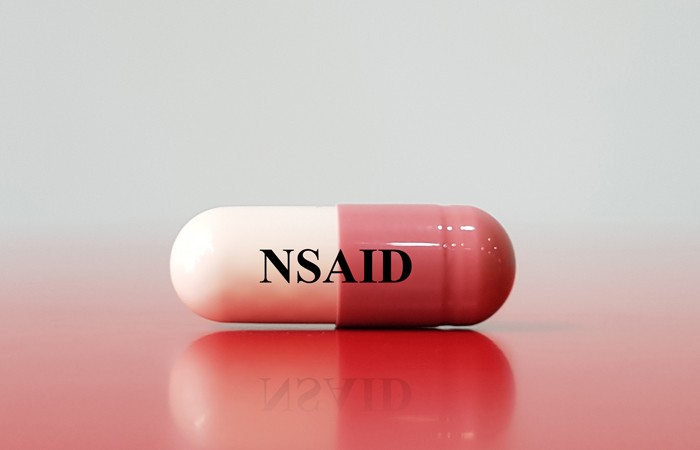News 
NSAID-anticoagulant risk highlighted

Co-prescribing NSAIDs and oral anticoagulants (OACs) trebles the risk of major and gastrointestinal bleeding and stroke, according to research from the University of Manchester.
Researchers retrospectively matched 3,177 patients receiving OAC (vitamin K antagonists and direct-acting oral anticoagulants) monotherapy and the same number taking OAC who received at least one concomitant NSAID prescription. The study did not include OTC NSAIDs.
The incidence of gastrointestinal bleeding without and with NSAID use was 6.87 and 20.49 per 1,000 person-years respectively. Compared with OAC alone, concomitant NSAIDs significantly increased the risk of gastrointestinal bleeds (hazard ratio [HR] 3.01), major bleeding (HR 2.77) and stroke (HR 2.71).
The increase in systemic embolism was not statistically significant, possibly because of the small number of cases.
The authors conclude that concomitant NSAIDs increase the risk of bleeding-related adverse events and reduce OACs’ effectiveness at stroke prevention. The study “reinforces the need to act to reduce NSAID use in patients receiving OAC therapy”. (Br J Clin Pharmacol 2022; 88:4789-4811)
Sponsored
 Sponsored education
Sponsored education
Helping vapers find a path to quit
Help vapers find a path to a nicotine-free life when they are ready to quit with the first NRT product licensed for this indication
 Sponsored education
Sponsored education
Challenge your thinking on warts and verrucas
Discover different treatment options for warts and verruas and when to recommend them to your customers, based on their individual needs

Record my learning outcomes